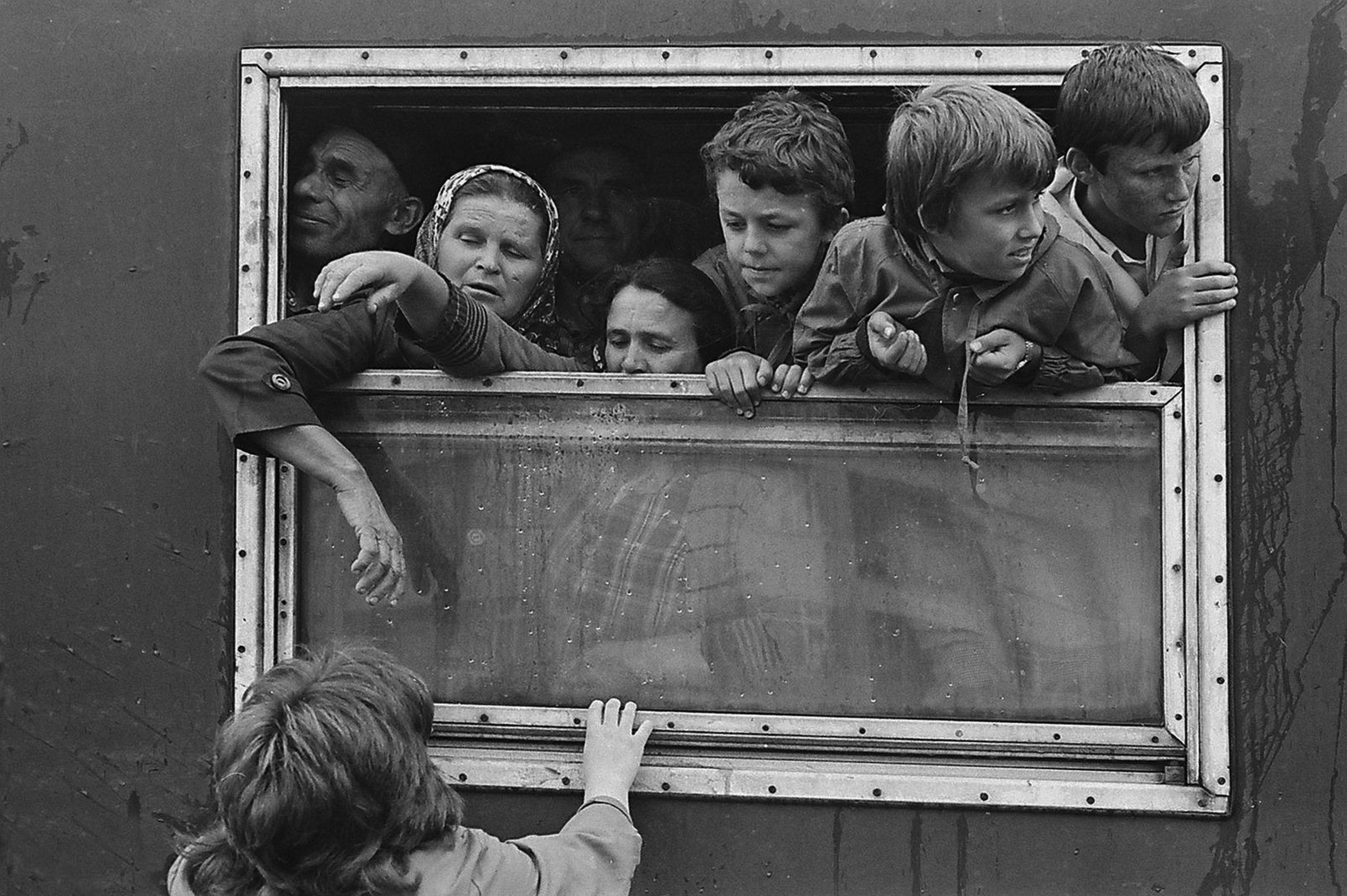© Turkuvaz Haberleşme ve Yayıncılık 2026
For Turks in Bulgaria, the upcoming elections are a struggle for existence and a hope of protecting their heritage, as well as cultivating welfare in historically neglected regions they live in.
“All Muslims and Turks in Bulgaria and beyond must exercise their democratic rights and vote; a high turnout would give us more parliamentary seats and send a strong message that we are here and we exist,” Ilknur Kazım, the mayor of Turkish majority southern town of Momchilgrad (Mestanlı) told Daily Sabah in an exclusive interview.
Bulgarians are going to the polls on June 9 for two elections – early National Assembly elections and regular European Parliament elections. It will be the country’s sixth national election in almost three years.
Kazım is from the Movement for Rights and Freedoms (DPS - HÖH), a party that represents ethnic minorities in Bulgaria and is largely led by Turks. It won 36 seats in parliament in the 2023 legislative elections, clinching 13% support and ranking fourth.
It aims to raise its rank to Bulgaria’s second-largest and ultimately become a partner to the ruling party.
Bulgaria is home to a 700,000-strong Muslim minority, most of them ethnic Turks, while at least 200,000 ethnic Turks with Bulgarian passports live in Türkiye. The two groups make up more than 10% of the population.
However, an assimilation policy adopted in the Balkan country by the communist regime in the 1980s forced hundreds of thousands of Turks into an exodus toward Türkiye to preserve their names and ethnic identity, reducing the minority's numbers in Bulgaria.
Their votes hold critical sway in order to end the political uncertainty in the country but they view their representation in the Balkan country’s politics as insufficient.
“HÖH lawmakers are alone at parliament in representing our community and standing up for our rights, with no support from other parties,” Kazım said.
Similarly, she lamented a lack of investments in regions like her district, the largest Bulgarian settlement with a Turkish majority population, as the biggest problem the minority faces.
“It’s the 21st century and we’re still struggling with water supplies,” Kazım said, adding that there were still villages without water.
“It’s really difficult to provide services when the government doesn’t spare any budget for the city,” she said. “That’s why we stress that votes shouldn’t be split and our community supports us in polls on June 9.”
The mayor welcomed the Bulgarian parliament’s recent, yet first-of-its-kind, approval of state budgets for projects in Turkish towns – and said it shows the necessity to have political representation.

She also believes it’s vital to be active in the Bulgarian government to protect the social rights of Turks and prevent a repeat of the revival process – Bulgaria’s forced assimilation policy directed at its Muslim minority between 1984 and 1989.
Calling on Turks with Bulgarian passports, notably those living in Türkiye’s Thracian region bordering Bulgaria, Kazım said: “Those who have been forcefully expelled – we know they didn’t leave of their own volition – but they have a chance to stand up for those who stayed behind in Bulgaria.”
HÖH is setting up 166 ballot boxes in Türkiye for the upcoming vote, including 32 in four Thracian provinces. Twenty of these will serve in Tekirdağ where most dual-passport citizens live.
Fatme Ramadan, a lawmaker candidate for HÖH from Burgas, a city of over 200,000 on Bulgaria’s Black Sea coast, argued strong turnout could also help end the political uncertainty in the country.
“Frequent elections point to a crisis in the government and as HÖH we’re also striving to resolve this,” she said.
She believes the reason for the turmoil is because Bulgaria has led a “politics of discrimination for the past 15 years.”
“All these discrimination-prone parties have come to power in the past 15 years with policies opposing HÖH and its supporters,” she said. “Relatively new parties are strongly against a coalition because it’s not something they’re knowledgeable about. They insist on ruling alone but the people don’t allow them to do so, I believe they must work together.”
“We must now put a stop to this discrimination. We believe we can reach a much more stable level if we join forces,” Ramadan said.
HÖH candidate also argued a more powerful HÖH could contribute to better Türkiye-Bulgaria relations, which were troubled at times in the past.
“If our HÖH party can rise to power, we’re aiming for better economic developments, investments and services in Bulgarian municipalities and small towns,” she said.
